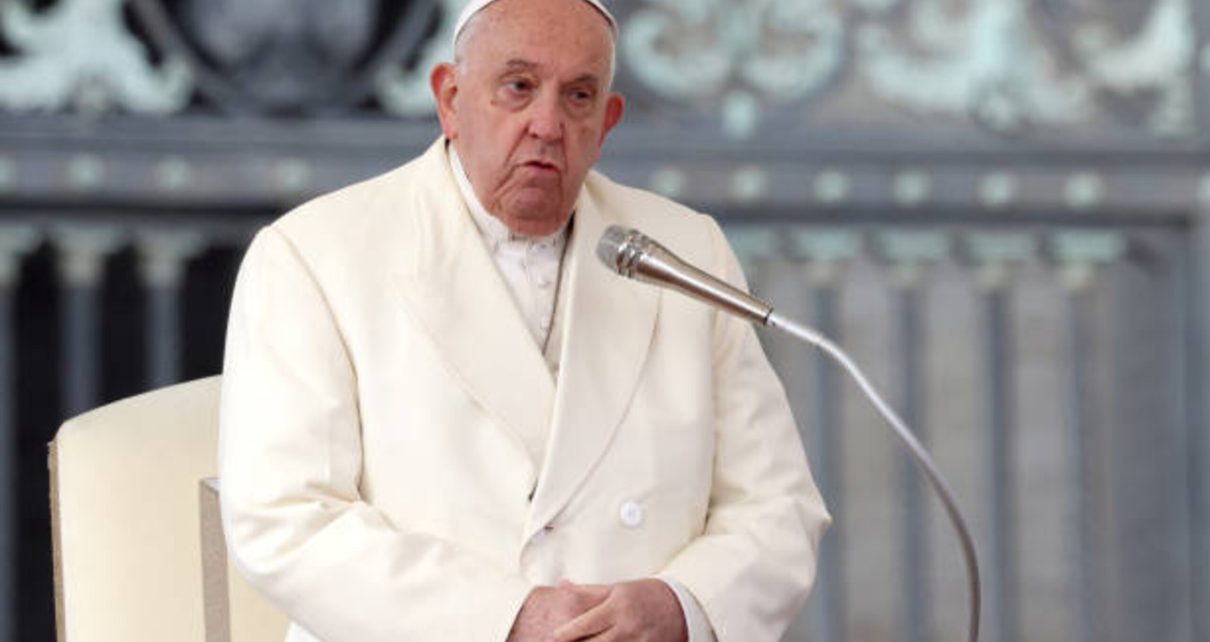Pope Francis’ papacy marked a profound transformation in the way the Catholic Church relates to the modern world. At its core was a radical shift toward humility, simplicity, and pastoral care. Eschewing the traditional pomp of the papal office, this pontificate was characterised by a personal touch—a willingness to journey among the poor and marginalised, to listen without judgment, and to embody the servant leadership that once defined early Christian communities.
One of the most enduring legacies of Pope Francis was his emphatic focus on social justice. He placed the suffering of immigrants, refugees, and the impoverished at the very centre of his ministry. His encyclical Laudato Si’ underscored the Church’s responsibility toward environmental stewardship, urging everyone to care for the planet as a common home. This dual emphasis on economic and ecological equity resonated deeply around the globe, redefining what it means to be a church in the 21st century.
Inclusivity and outreach were also cornerstones of his tenure. Whether reaching out to the LGBTQ community with compassionate dialogue or advocating for reform in how the Church handles past abuses, Pope Francis sought to create a more welcoming and responsive institution. His willingness to challenge long-held traditions while respecting the Church’s rich heritage sparked both fervent applause and sharp criticism—a reflection of the passionate debates his progressive vision ignited within Catholic circles.
Interfaith dialogue and global connectivity were further hallmarks of his reign. Pope Francis forged stronger ties with leaders of other faiths, promoting mutual respect and understanding in an increasingly divided world. His focus on building bridges over barriers not only fostered peace but also symbolised a shift from an institution seen as distant and hierarchical to one that is eager to embrace a pluralistic society.
In summary, the hallmarks of Pope Francis’ papacy can be distilled into five key themes: humble leadership, relentless advocacy for the marginalised, environmental and social justice, courageous reform, and a spirit of inclusive dialogue. These elements have not only redefined the modern papacy but have also set a transformative course for the future of the Catholic Church.


